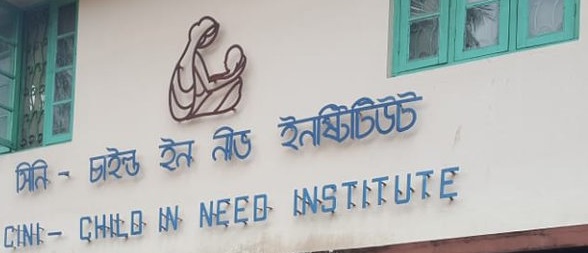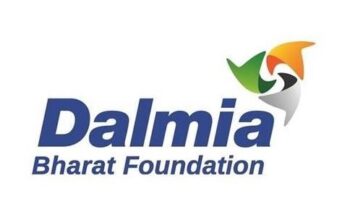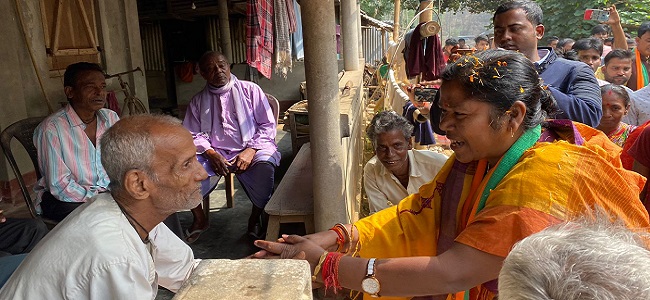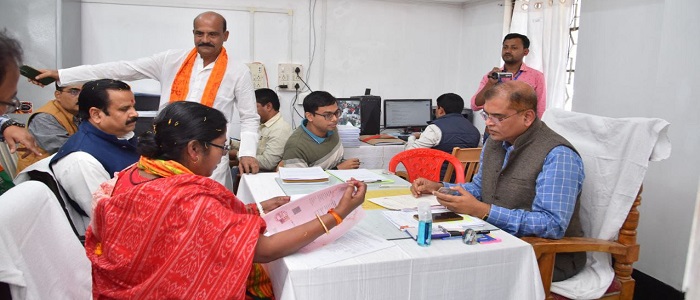Kolkata: National level NGO Child In Need Institute (CINI), which has five decades of experience in child and mother healthcare, has been awarded a grant from the John D. and Catherine T. MacArthur Foundation for its work to ensure Equitable Recovery and Population & Reproductive Health.
The grant is part of roughly $80 million in awards. MacArthur announced in support of the Foundation’s Equitable Recovery initiative, centered on advancing racial and ethnic justice. The initiative is funded by MacArthur’s social bonds, issued in response to the crises of the pandemic and racial inequity.
With this award, CINI aims to set up community-based COVID-19 information centers, making referrals to emergency health services, providing emergency medical supplies to local hospitals, and supplying low-income households with emergency provisions.
John Palfrey, President, MacArthur said, “As we emerge from this moment of crisis, we have an opportunity to improve the critical systems that people and places need to thrive. Our systems and structures must be rebuilt. We are committed to ensuring that our response to the pandemic is focused on supporting the reimagining of systems that create a more just, equitable, and resilient world.”
Sujoy Roy, Sr. Advocacy Manager, CINI said, “CINI is one of the organizations receiving this grants to advancing the Public Health Equity and COVID-19 Mitigation and Recovery supports improving access to resources for immediate health challenges while advancing new policies, models, and structures to support a more equitable and resilient public health sector in the future.”
Sujoy Roy added, “MacArthur identified the areas through a participatory process with a diverse group of external advisors, who informed its strategic approach. The participatory process aimed to center the voices of communities that are affected by the Foundation’s decisions and have a stake in the grant making outcomes.”
The Child In Need Institute (CINI) is an Indian non-government organization (NGO) regarded as one of the most influential institutions working for poor children in India. It has used a human rights-based approach to partner with central and state governments, national and international donors, NGOs, and local communities to strengthen the capacity of marginalized, typically-excluded children and women to improve their health, nutrition, education, and safety.






